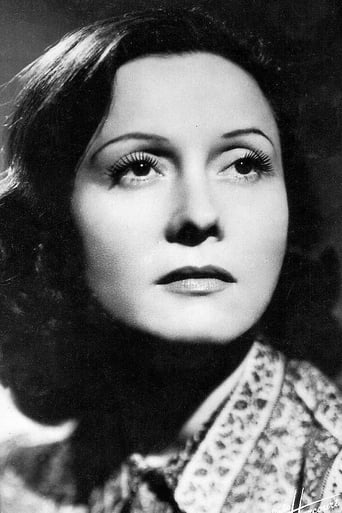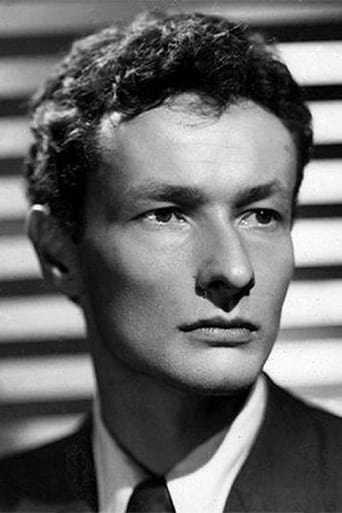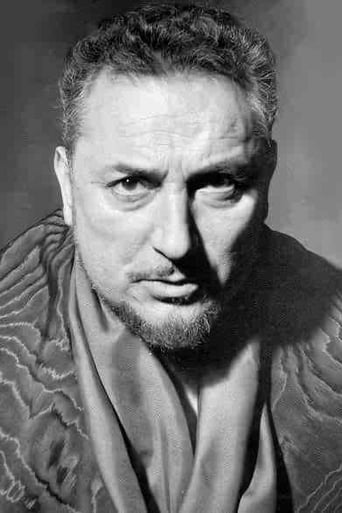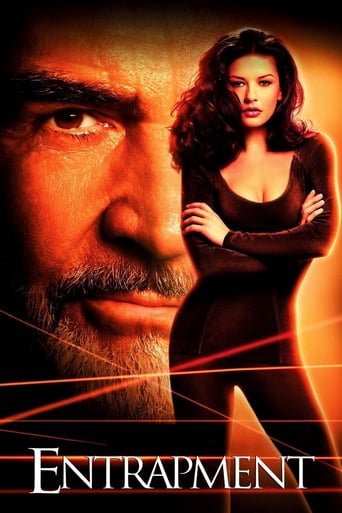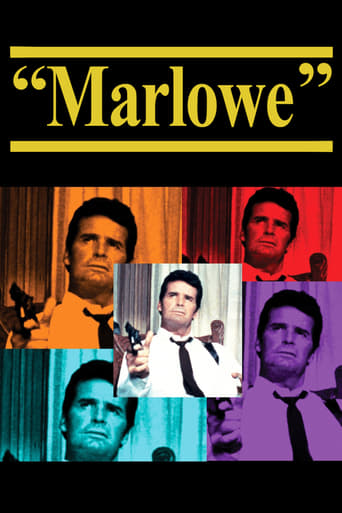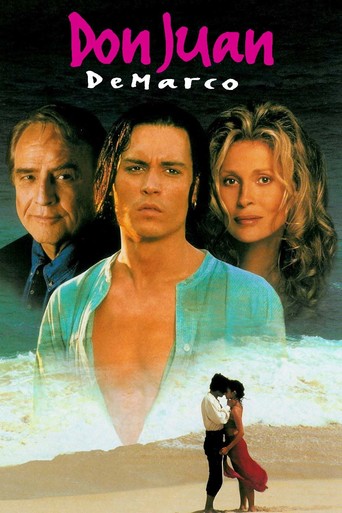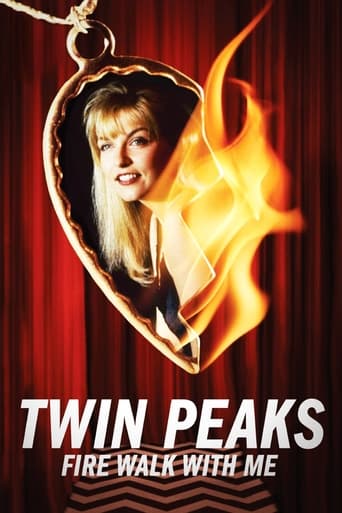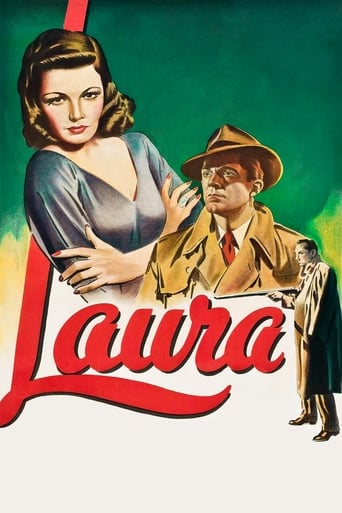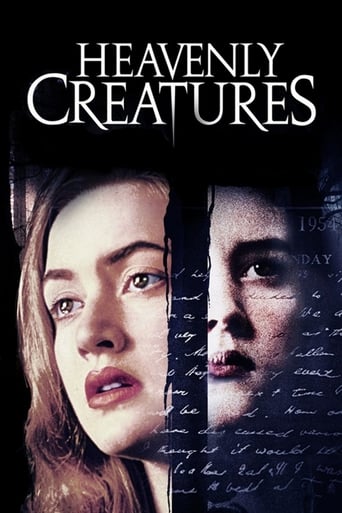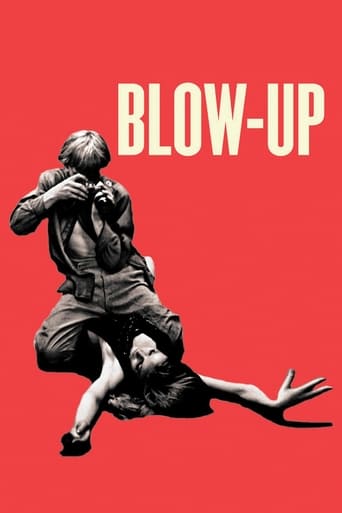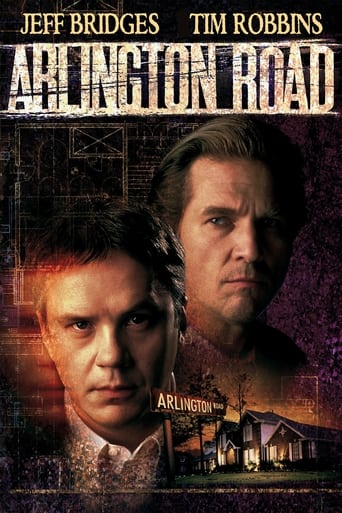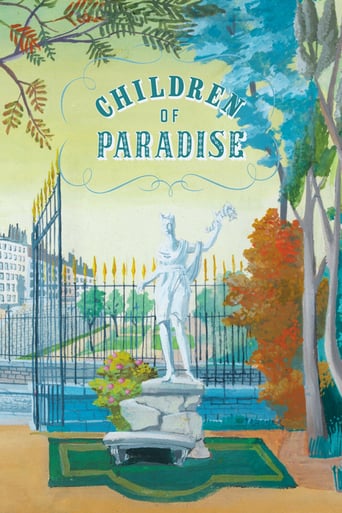
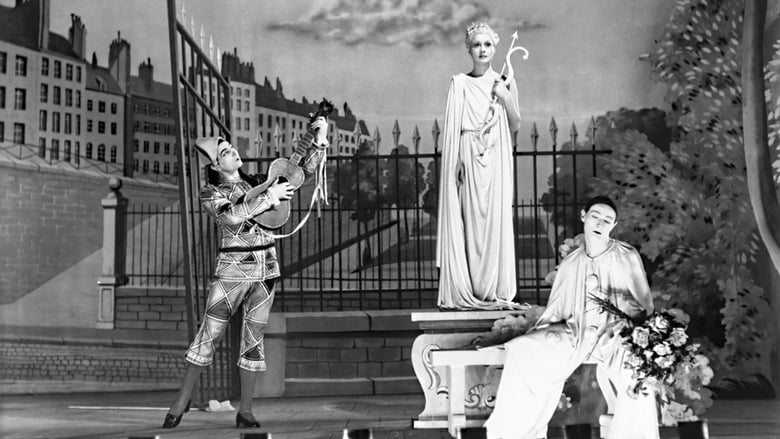
Children of Paradise (1946)
In a chaotic 19th-century Paris teeming with aristocrats, thieves, psychics, and courtesans, theater mime Baptiste is in love with the mysterious actress Garance. But Garance, in turn, is loved by three other men: pretentious actor Frederick, conniving thief Lacenaire, and Count Edouard of Montray.
Watch Trailer
Cast
Similar titles
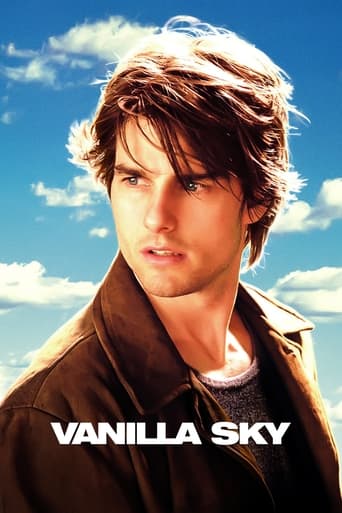
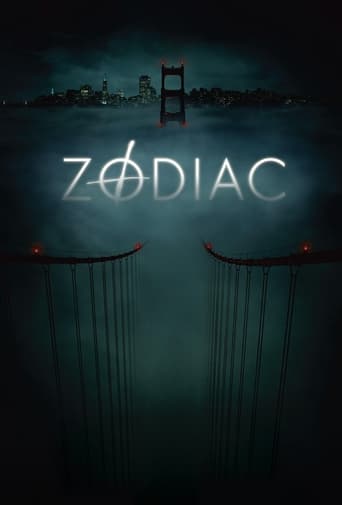
Reviews
Best movie of this year hands down!
Clever, believable, and super fun to watch. It totally has replay value.
The film's masterful storytelling did its job. The message was clear. No need to overdo.
One of the film's great tricks is that, for a time, you think it will go down a rabbit hole of unrealistic glorification.
It's the 1820s in the theater district of Paris or the Boulevard du Crime. Claire 'Garance' Reine (Arletty) is an aluring woman in the show. Four men all fall for her. Baptiste Debureau (Jean-Louis Barrault) is a mime. Frédérick Lemaître (Pierre Brasseur) is a serious actor. Pierre François Lacenaire (Marcel Herrand) is a thief. Count Édouard de Montray (Louis Salou) is an aristocrat. Garance is accused of stealing a watch from a man which was taken by Lacenaire and witness Baptiste saves her. Nathalie, who is also a mime, loves Baptiste.When I read the accolades that this is "the greatest French film of all time", my expectations were heightened. Maybe there are things lost in the translation. It's basically a romance melodrama. I know that this was made during the Nazi occupation. I can certainly see the emotional connection that entails especially for the French. I understand perfectly how difficult this must have been to put such a large production on the screen. As a movie, this is merely a well-made melodrama and not much more. I really like the extended scene of the play. It's a good movie but it's a little disappointing.
When a film has a near-mythical reputation, one often fears it will not live up to its reputation. Happily, this is not the case with Les Enfants du Paradis. It most certainly lives up to its reputation as one of the greatest films ever made.Most people are aware of the stories surrounding the production of this film during the Occupation and it is extraordinary that such a work of art was completed under such trying conditions.The main theme of the film is that truly satisfying love remains just out of reach. The main characters are involved in a series of liaisons that explore their differing romantic needs. Ultimately, none of them find fulfillment.The epic scale of the film and the colourful array of characters would be worthy of Victor Hugo or Charles Dickens. The depth of the characterisation was unprecedented at the time and would saw cinematic art raised to a whole new level.The character of Baptiste is central to the story; he is a sad clown both on and off the stage as his hesitation and shyness lead to him losing his one true love. His unhappy love life ironically contrasts with his growing fame as a genius of mime. The nearest equivalent to Baptiste's plight is perhaps that of the gatekeeper's son, John Chivery, in Dicken's masterpiece, Little Dorrit.Garance is selfish in her rejection of Baptiste yet finds some small degree of redemption on seeing his child and feeling sympathy for it.The film contains many plays within plays and virtually every style of performance art is utilised, from pantomime to dance, from Shakespearian tragedy to street theatre. (As an aside, the film also covers how mime evolved from a crude form of mass entertainment to the sophisticated French cultural art it is today. Indeed, the mime performances presented in the film are sublime.) The notion of plays within plays is also reinforced by the device of the curtains raising and falling on each act of the film itself. We are aware that we are watching actors playing actors, yet we are still drawn into their world and the truths they present to us.A delightful moment in the film is when the Shakespearian actor decides he prefers realistic stories, if only two acts long, that contain the truth, perhaps an ironic reference to the two-part Les Enfants du Paradis itself which maybe the scriptwriters were realising conveyed an abundance of truth.Despite its long running time, the film maintains a good pace and never slackens into tedium. The various threads are drawn together in towards the inevitable but deeply satisfying conclusion. None of the characters will ever find happiness for true romantic love is unattainable, the stuff of plays and fictions only. Yet, their striving for it is what gives them impetus. A beautifully ironic moment is when Baptiste, the great clown, is prevented from catching up with Garance when she leaves for the last time, by a mocking array of tacky imitation carnival clowns. His own personality is mirrored back at him and it is this that prevents him ever reaching his one true love.The tone of the film mixes the serious and comic superbly as, again, a nineteenth century literary master such as Dickens or Hugo would have done as the lives of the impoverished, cunning street performers is turned into high art and film itself reaches the same height as great literature.The cinematography is subtly and neatly summarises all of the lessens learned in the half-century since the birth of the art form.To summarise, this truly is one of the greatest films ever made, both for its execution, use of literary and cinematic techniques and the depth of its themes. Essential viewing.
An epic investigation of the blurred lines between life and the performance space, Les Enfants du Paradis is almost surmised within its first shot. Garance earns a dubious living allowing men to come and look at her naked. Yet the men can't quite see her - she sits in a barrel of water. All the while she looks at herself - her face - in a mirror. This unmediated self-examination whilst being risqué but not absolutely honest with others is examined across a handful of characters, beginning with a blind beggar who is not blind and finishing with an entire population adopting the character of one individual.It is also the nature of art - that in order to examine people one must take recourse to what might seem an unnatural technique. This is clear in the acting and mime of the two stages of the neighbouring theatres and underlined in the persistent transgression of the fourth wall. Most clearly and simply the two celebrated actors cover their faces with paint-as-mask to achieve greatness - white for the mime, black for Otello.The performances are powerful, if mannered for the time, with the exception of Arletty as Garance who manages to be arch and seductive but warm, haughty and fragile all at the same time, an unrepeatable modern performance. Though long, the film feels like it ought to be longer. 7/10
Love is made of cruel irony, but as sweet as a pearl of honey feelings never imitate, never deviate, though the shortest way between two hearts is never straight. Love can take many disguises, always commands and never compromises. Love is the true master of our ill-fated lives, and when it perishes through jealousy survives, for the flame of hate in an indecent symmetry, is only the rotten fruit falling from love's tree ~~~~~~~~~~ Love is a theater when only hearts can talk, love is a tightrope on which only souls can walk ... when guided by their feelings' purity, or a friendly smile haunting for eternity. Born from a surprising encounter, an innocent flower or an eternal thunder, love is the ultimate soul-player, its sources are infinite and damages definite, it erases in one instant all the life's meanings, and paints the truest words with the most painful feelings. What a glorious portrait that love is, floating in the air like an innocent breeze ... but roaring like the most ferocious storm, when it takes its deepest, sincerest form ~~~~~~ There was once a pretty flower, smelling like the most hypnotic power, her name was Garance, a lady whose first glance, melted your heart or tore it apart. There was Frederick Le Maitre aka the Master Fredrick, the greatest actor who knew every trick, as an actor, he was not just the one but the only one, but as an actor, he was also both anyone and everyone. His life was a never-ending play, a game he'd got to win anyway, except for Garance, beautiful Garance, who belonged to anyone and everyone, and "when a woman belongs to no one, jealousy belongs to everyone". Now to Lacenaire, incarnation of fear, anger and frustration in his heart he nourishes, and everything he touches he inevitably tarnishes, more than anyone, the society he loathes, and he turns the words like he slits the throats, with an immaculate ruthlessness and a flawless precision, he's only distracted by one blinding vision, the only light of beauty in the ugliness of France, the one and only, the beautiful Garance. But only one word with Garance could rhyme, it was the silence, the silence of the mime. It was Baptiste who was given the rose, the true meaning of love, he finally knows, he can't get Garance off his mind, a treasure he'll never, never, ever find. But love is made of cruel irony, the most priceless treasures can be bought with money, bought when she needed one person to count on, and she found De Montray, the Count, who rhymed Garance with the word 'Providence' through one of these cruel ironies of fate, but Garance knew the way was never straight ~~~~~~ And here begins the glorious tragedy, of the purest soul of silent comedy, and Garance, romantic, joyful and street-wise, in the French masterpiece "Children of Paradise" ~~~~~~ They belong to the lowest class of French society, they are as young as the new romantic century, for their bodies' comfort hardly matters, they sat on the highest spot of popular theaters, whose unlikely name was "Paradise", the place from which the greatest laughs rise, costing less than a worthless dime, even covering the 'noise' of the pantomime. Always sincere and never silly, these are the hearts pounding of Vox Populi, real people who don't need words so the passion can touch their sensitive chords ... that's entertainment in its pure simplicity, that's entertainment in its simple purity. Theatre is love, it's the velvet glove, on the hand of life, that can carry a knife ~~~~~~~~ One could kill you in your deepest core, love was a play with no encore, and everyday was an eternal premiere, maybe written by the villainous Lacenaire. Or life was an eternal self-parody, where you could make a star out of anybody ... or it might be a tragic pantomime, a bleeding heart for an timeless time ... or did it need all the excess, when love was simply a need to possess, a need to be, to win, to conquer, to find the eternal question's eternal answer, an answer that desperately shut its name ... love is anything and never the same, one victory for a thousand defeats, one little smile emerging from the streets. Baptiste won that smile, in the theater of reality, and relived its loss as an eternal tragedy, stage was the theater of a never ending mourning, a cruel and painfully silent feeling and even a beautiful family, or the true love of poor Nathalie couldn't erase one simple night's remembrance, the one that rhymed with the beautiful Garance ~~~~~~ Spectacular, stellar, than life bigger and love stronger, epic, frenetic, noisy and rowdy, witty and wise this is the inner beauty of "Children of Paradise", prodigious, glorious, sumptuous, miraculous, this is a miracle like only Cinema could have provided, an epic tale in two parts divided : "Boulevard of Crime" where the flower meets the Mime, and "The Man in White" or the finale of the fight. One of the most endearing cinematic romances, served by a colorful gallery of magnificent performances, on every level it reaches perfection, delightful experience of a poetry in motion, Garance, Frederick, Baptiste or Lacenaire, with immortal lines from Jacques Prevert, open your hearts' doors like "Paris is small for those who share ... so great a passion as ours." It's Marcel Carne's epic of passion, call it "Gone with the Wind", the French Version, that speaks to the heart and defies the reason, in every world's part and in any season ~~~~~~ The Greatest Film ever made in France the most universally emotional romance the love story of Baptiste and Garance that I salute with a respectful reverence. And now that I used up all my prose the big curtain I can finally close ~~~~
